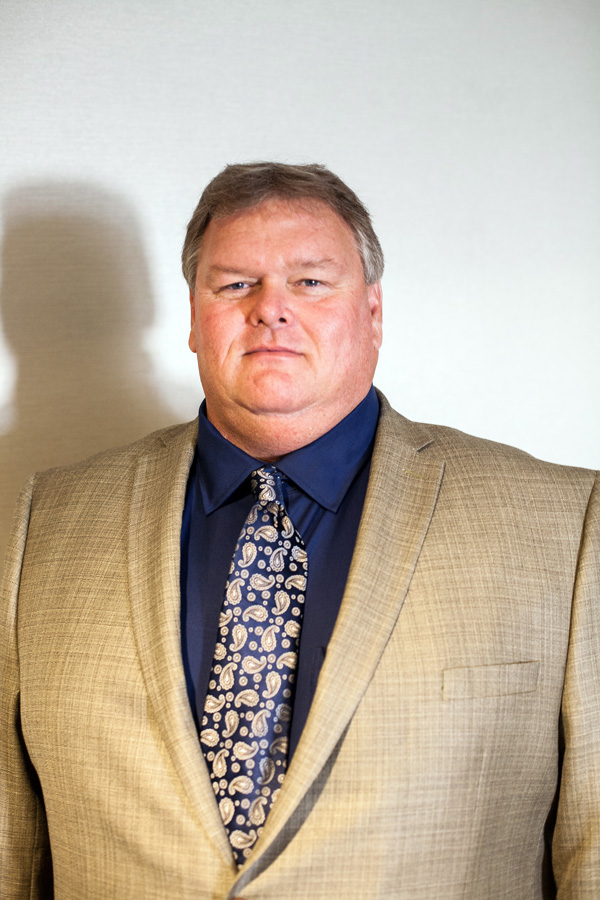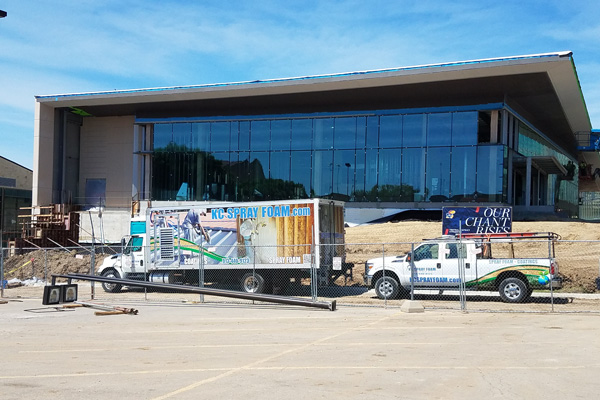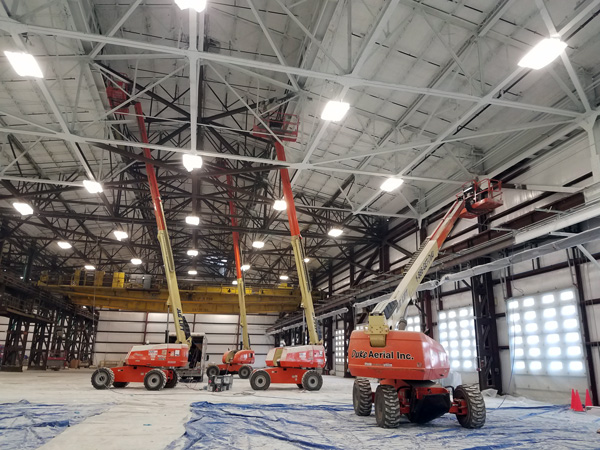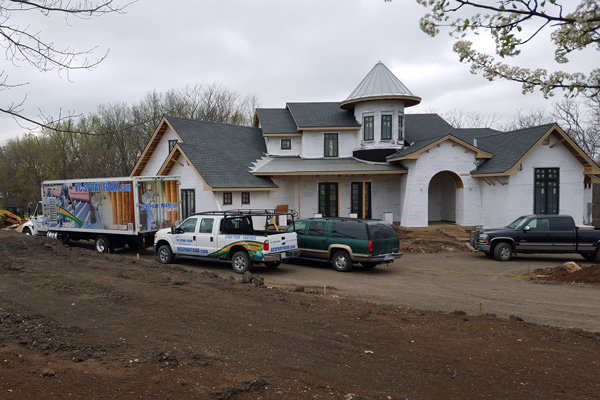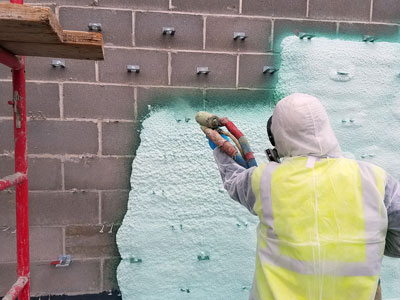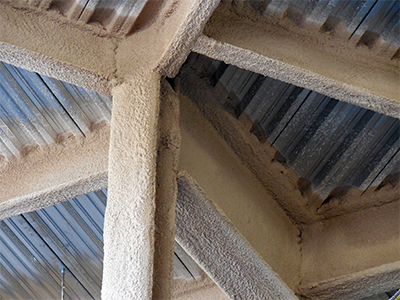Privacy Statement
KC Spray Foam LLC. is committed to protecting the privacy and accuracy of confidential information to the extent possible, subject to provisions of state and federal law. Other than as required by laws that guarantee public access to certain types of information, or in response to subpoenas or other legal instruments that authorize access, personal information is not actively shared. In particular, we do not re-distribute or sell personal information collected on our web servers.
Information collected:
KCSprayFoam.com servers collect the following analytics:
- Internet Protocol (IP) address of computer being used
- web pages requested
- referring web page
- browser used
- date and time
KCSprayFoam.com does not associate this data to individual user identities, nor does it retain any information.
Cookies
KCSprayFoam.com may use "cookies" in order to deliver web content specific to individual users' interests. Sensitive personal information is not stored within cookies.
Webforms
KCSprayFoam.com uses webforms forms on this site. These forms require users to give contact information, such as name, email address, and phone number. Contact information from the registration form is used only to send material relating to the requester’s interest in Spray Foam or other Coatings for which it was collected and will not be sold to another party.
Use of collected information:
- KCSprayFoam.com will only use personal information collected from this site for the purpose of communication back to individuals who contact us via the site.
- KCSprayFoam.com uses browser-IP-address information and anonymous-browser history to report information about site accesses and for profiling purposes. This information is used to improve Web presentation and utilization. IP address information may also be used for troubleshooting purposes.
Distribution of collected information:
- KCSprayFoam.com will not disclose, without your consent, personal information collected about you, except for certain explicit circumstances in which disclosure is required by law.
- KCSprayFoam.com will not distribute or sell personal information to third-party organizations.
Privacy Statement Revisions:
This Privacy Statement was last revised on April 10, 2022. We may change this Privacy Statement at any time and for any reason. We encourage you to review this Privacy Statement each time you visit the web site.
If we make a significant change to our Privacy Statement, we will post a notice on the homepage of our web site for a period of time after the change is made.
Responsibility for External Sites:
This website may contain links to other web sites. Some of those web sites may be operated by third parties. We provide the links for your convenience, but we do not review, control, or monitor the privacy practices of web sites operated by others.
We are not responsible for the performance of web sites operated by third parties or for your business dealings with them. Therefore, whenever you leave this web site we recommend that you review each web site's privacy practices and make your own conclusions regarding the adequacy of these practices.
